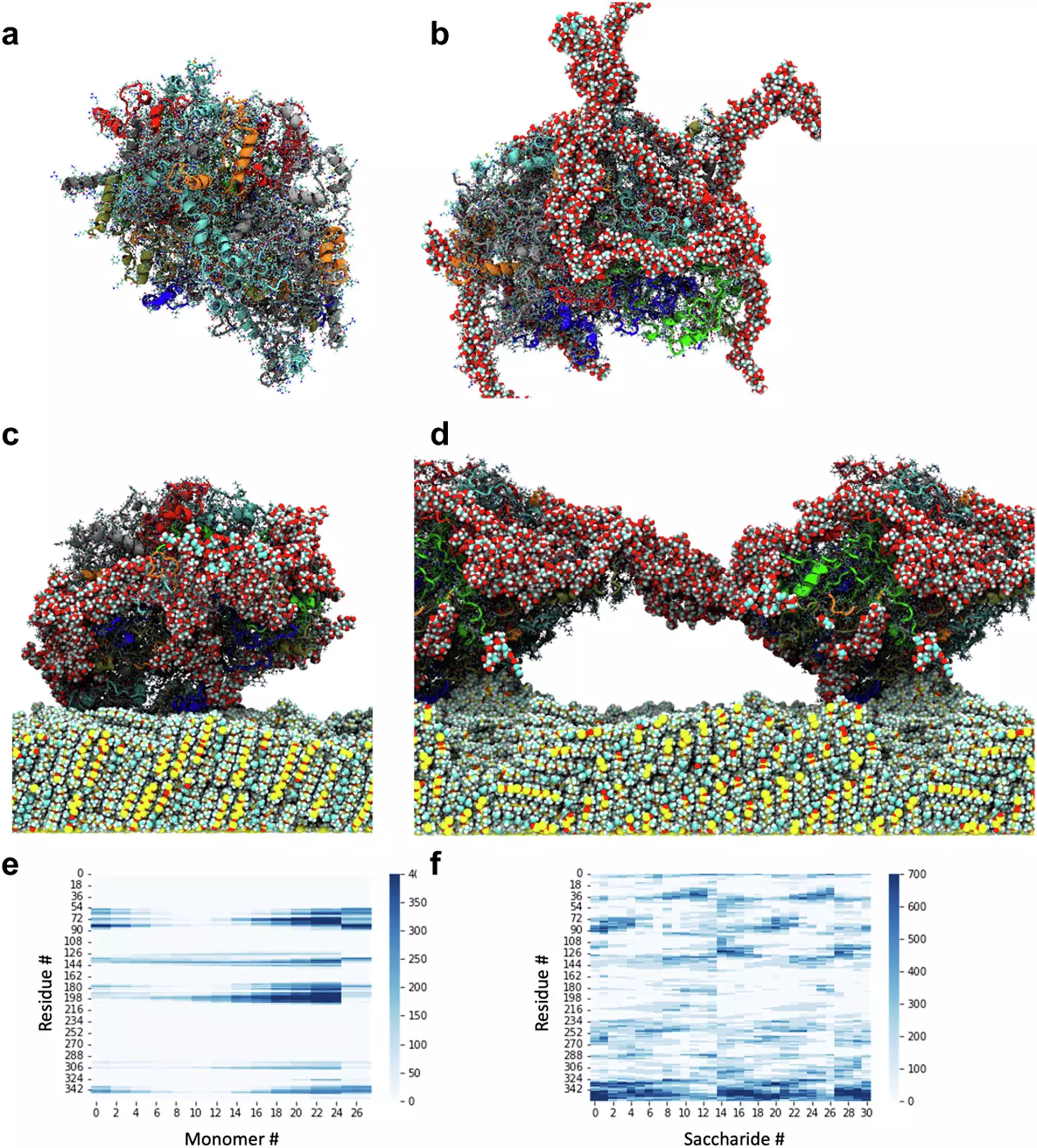As industries around the world grapple with the pressing need for sustainability, the lubricant sector has remained a challenging domain. Traditional lubricants, often derived from fossil fuels or synthetic materials, are effective but come with significant environmental costs. The quest for a more sustainable solution has lured the attention of researchers, leading to innovative alternatives that can potentially redefine lubrication applications. Recent studies spearheaded by a multidisciplinary team from the University of Leeds have unveiled a revolutionary approach to creating oil-free, aqueous lubricants using potato proteins, a material that embodies the hope for a greener future.
The concept of achieving ultra-low friction through biomimicry is not new, but the application of this principle within the context of lubrication is groundbreaking. The referenced research draws inspiration from the biology of human joints, specifically the function of synovial fluid that lubricates cartilage and facilitates smooth movement. By studying these natural processes, the research team proposed the creation of a peanut protein-based lubricant that doesn’t just serve as a substitute but offers enhanced performance while being environmentally friendly.
This paradigm shift hinges on the synthesis of a self-assembling structure formed from plant proteins. Such approaches seek not only to reduce friction but also to adapt the lubricants’ properties to various applications, ranging from biomedical uses to food technology. This is a notable advancement, considering that many existing aqueous lubricants rely heavily on synthetic chemistry, which raises concerns about their sustainability.
The lead researcher, Professor Anwesha Sarkar, emphasizes the significance of their findings as a turning point in sustainable engineering and materials science. The team’s novel lubricant consists of a complex architecture of plant proteins and biopolymeric hydrogels. By leveraging molecular dynamics simulations alongside comprehensive experimental measurements, they demonstrated how hydration lubrication could be achieved, showcasing the remarkable capabilities of materials that once were considered waste.
From a practical standpoint, the versatility of this eco-friendly lubricant holds promise for various applications in biomedical scenarios, such as the development of artificial synovial fluids—essential for prosthetic applications—which aim to replicate the natural lubrication of joints. Furthermore, the potential uses in food technology underscore how these innovations could help produce low-calorie items without sacrificing the rich mouthfeel associated with higher fat products.
The success of this research was made possible through interdisciplinary collaboration across institutions, showcasing the importance of teamwork in advancing scientific discovery. Input from experts at prestigious institutions such as King’s College London and the Weizmann Institute of Science enriched the research, blending computational modeling with experimental rigor. This collaborative synergy has proven to significantly amplify the impact of individual contributions, thereby enriching the understanding of how these plant-based lubricants achieve their superior properties.
Professor Chris Lorenz’s insights into the molecular scale interactions further illuminate the principles governing self-assembly within these lubricants. The knowledge gained not only highlights the intricacies of plant protein behavior but also opens pathways for designed applications. This can lead to enhanced implementation strategies for natural materials in lubrication systems, potentially fostering a new wave of innovations across countless sectors.
The implications of this research are far-reaching. Not only do they represent a critical advancement in the quest for sustainability, but they also catalyze the broader conversation about material sourcing and environmental stewardship. As policies shift towards greener materials and sustainable production practices, findings from the University of Leeds can serve as a template for future innovations across various industries.
The unveiling of a potato protein-based super-lubricant is not merely an academic achievement; it carries with it the potential to transform engineering practices and redefine material usage in many sectors. As researchers continue to explore the intersection of biology and engineering, we may witness the dawn of a new era marked by ecological responsibility and novel functionality, propelling us towards a more sustainable future.


Leave a Reply